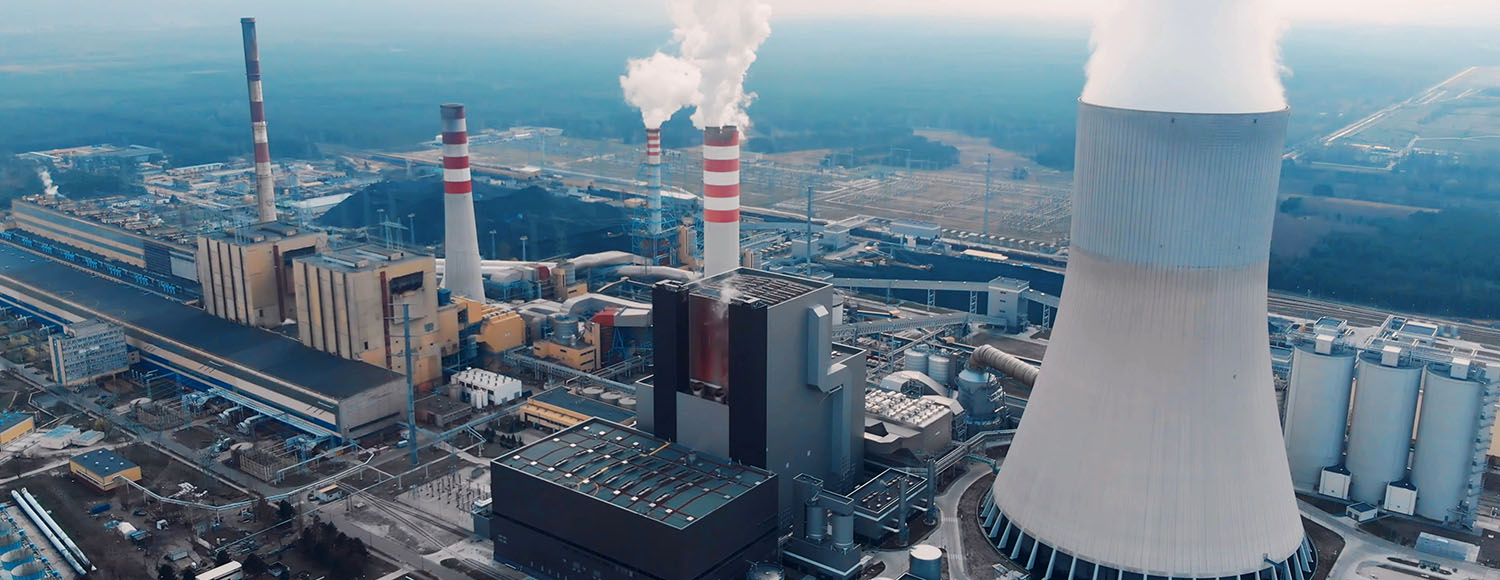

Will the carbon bubble bring down the banks?
Climate change comes with a rise in taxes and emission rights paid by large energy consumers for each tonne of carbon dioxide they emit into the atmosphere. A phenomenon that highlights the danger for traditional banks of having millions of euros invested in hydrocarbon assets, which risk becoming stranded assets, when faced with policies that promote a green economy.
The carbon bubble is a conjectural bubble based on the valuation of companies that rely heavily on fossil fuels as factors of production, but which also affects financial institutions that have massive investments in fossil assets, i.e. that use these assets as financial tools for loans and investments linked to the hydrocarbon sector, mainly oil and natural gas.
The concept is not new: in 2011 Michael Le Page already spoke in an article published in ‘Newscientist’, where the British entrepreneur and writer Jeremy Leggett stated that “there is a suicidal river of capital flowing into fossil fuels.” A hypothetical bubble that would impact the financial stability of traditional banking, because of the overvaluation of fossil fuel-based assets in the face of increased government initiatives to move towards cleaner technology in the near future.
Even so, the term is gaining relevance because the trend is not letting up, and as with the 2008 subprime crisis, it seems that banking continues to play Russian roulette, facilitated by a lack of regulation, and perhaps by the confidence that privatisation of profits and socialisation of losses is a fait accompli, in the event of bankruptcy, given the taxpayer-funded bank bailout that usually accompanies the excesses of the financial world.
The ECB is unsure and makes a move
In June 2021, a report was published by researchers and students from the Institut Rousseau, the Léonard de Vinci Institute, Reclaim Finance, Friends of the Earth, and a group of civil society organisations, which revealed the volume of investments that the main European banks have in fossil fuel assets. Specifically, the report stated that these traditional banks have accumulated 532 billion euros in assets linked to coal, oil, and gas, 95% of their total capital.
The danger that this represents for these traditional banks when it comes to withstanding a sudden drop in the value of these assets is evident, and this was understood by the European Central Bank (ECB), which announced banking supervision tests during 2022, to ensure that financial institutions can withstand financial and economic crises.
Specifically, the ECB did so to assess the sustainability of financial institutions’ business models by accounting for their revenues from climate-relevant exposures, such as lending to industries that emit large volumes of greenhouse gases, and to calculate the degree of exposure of traditional banking to carbon-intensive industries.
The ECB has foreseen penalties for financial institutions that do not diversify their business model and adapt it to the environmental policies promoted by the European Union, but perhaps monetary policy should also change and be equally assertive in warning banks that if their risky investments fail again, it will be the financial institutions, not the taxpayers, who will pay the price.
11Onze is becoming a phenomenon as the first Fintech community in Catalonia. Now, it releases the first version of El Canut, the super app of 11Onze, for Android and Apple. El Canut, the first universal account can be opened in Catalan territory.





Bon article.
Moltes gràcies, Pere, i agrair-te, també, el teu comentari!!!
Una dada molt interessant. Cal desprendre’s de les inversions en energia fòssil.
Cert Jordi, cal desprendre’s de tot allò que vagi de bracet directe o indirectament del petroli i altres energies fòssils, pensa que alguns productes que ni ho semblaria, en són plens també. Salut
Es d’agrair que poseu sobre la taula de manera planera i intel.ligible per a tothom aquests temes que poden semblar per a especialistes i en canvi ens afecten a tots els ciutadans, no només els inversors sinó els contribuents al tresor públic, i que quan arriben les bufetades no sabem d’ on venen.
Agraïm les teves paraules cap a nosaltres, Mercè!!!
👏
Gràcies, Daniela!!!
Tot un tema! Gracies per tractar_ho. Veurem com surten aquests tests d’estress de la banca europea. Sobretot la espanyola, tenint en compte l’oligarquia energètica dels nostres veïns.
A veure Gabriel, de moment nosaltres anem fent cultura i construint comunitat. Veurem què passa al final. Gràcies pel teu comentari!
👏
Gràcies Daniela!
Ben definit
Moltes gràcies, Ricard, celebrem que t’hagi agradat.
Com sempre els ciutadans serem els darrers pagadors 🤬🤬
Doncs sí, malauradament sempre és així. Moltes gràcies pel teu comentari, Jesús!!!
Ok 👍
Gràcies, Josep!!!
Aviam si es cert el tema BCE,i ho apluquen
Doncs a veure… Moltes gràcies pel teu comentari, Alícia!!!
👌
Gràcies, Joan!!!